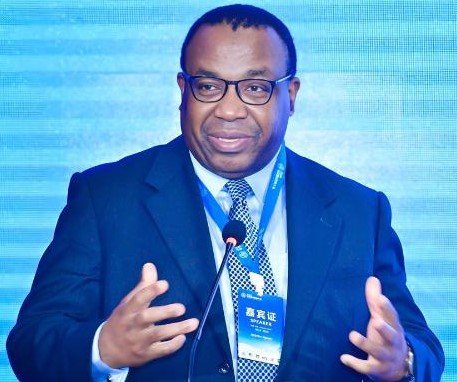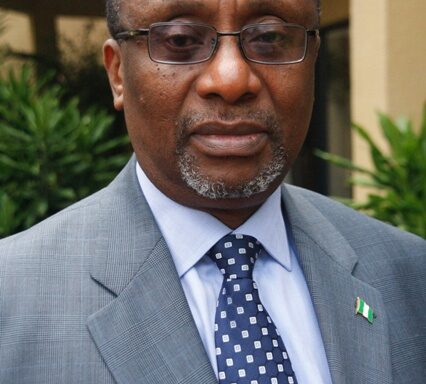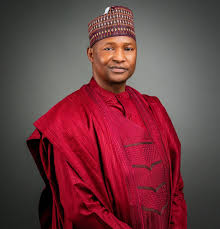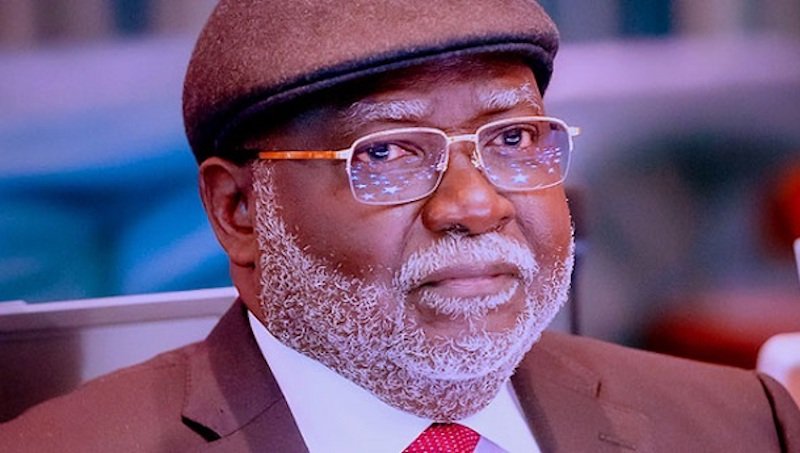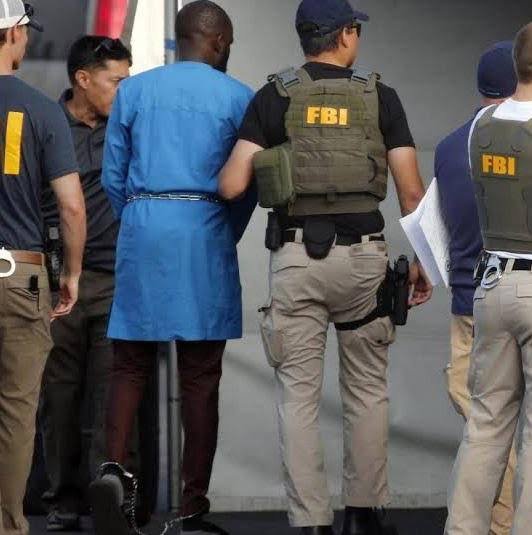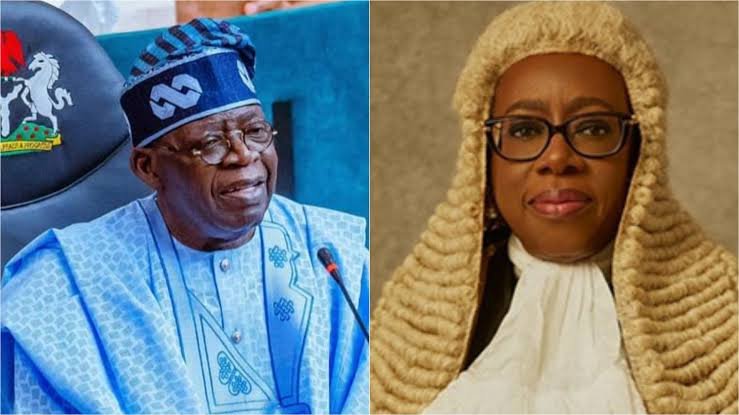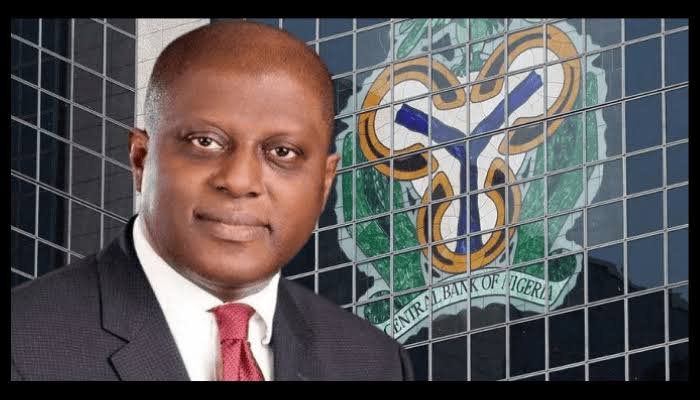By Casmir Igbokwe
In a lengthy phone conversation last Friday, Professor Obijiofor Aginam and I lamented the sad turn of events in Nigeria today. The widely-travelled professor of law is currently the Director General of UNESCO’s Mahatma Ghandi Institute of Education for Peace and Sustainable Development in New Delhi, India.
According to him, for the six years he spent in Kuala Lumpur, Malaysia, as Deputy Director and Head of Governance for Global Health at the United Nations University-International Institute for Global Health, there was no power outage, not even for one day. This is not to talk of when he was in such advanced countries as Japan and Canada.
Aginam spoke glowingly about India’s smooth electoral process. Before the local elections held in that country recently, officials of the electoral umpire reportedly went to people’s houses to register eligible but non-registered voters. On the election day, these registered voters simply came and cast their votes without having to queue for long hours. Only those who were not captured at home spent a little time on queue to get registered before voting. With a clean and clear process, there was no need for long litigation.
In Nigeria, it is a different kettle of fish. Many politicians rig themselves into power and ask opponents to go to court. In the courts, some learned justices churn out judgments that make you wonder if there is any hope for Nigeria.
Hitherto, the situation was not this bad. In the 1980s and early 90s, many Supreme Court justices were fearless and upright. They were revered for their landmark judgments. Hence, Nigerians were proud of such Justices as Kayode Eso, Chukwudifu Oputa (known as the Socrates of the Supreme Court), Andrew Obaseki, Mohammed Bello, Mohammed Uwais, Adolphus Karibi-Whyte, Philip Nnaemeka-Agu, Augustine Nnamani and Alfa Belgore, among others. These judicial activists stood up to military dictatorships and executive lawlessness. They defended democracy, human rights and the rule of law.
Today, there is a sharp decline in the quality of judgment from the courts. Judges appear to be more interested in houses, exotic cars and some other perks of office. There is erosion of independence as the judiciary now appears tied to the apron strings of the executive.
It is in the election petitions that this bad situation becomes more manifest. We have seen addition and subtraction of votes by judges to unduly favour some candidates after a contentious election. Some of the judges are good in forum shopping, conflicting judgments and frivolous adjournments.
In 2011, Victoria Ayeni filed a pre-election matter against Olusola Sonuga and two others. Justice Rita Ofili-Ajumogobia of the Federal High Court delayed the case until the end of the lifespan of the Ogun State House of Assembly. A flabbergasted Ayeni wrote a petition against the judge alleging injustice and misconduct. In 2016, the National Judicial Council (NJC) placed her on watchlist for four years.
The Independent National Electoral Commission (INEC) bungled the last general election held in February 2023. The rigging was so glaring. Many Nigerians hoped that the judiciary would summon courage and put things right. But the judgment that came out of that matter beggared belief. Even non-lawyers saw glaring loopholes in the judgment.
President Bola Tinubu was said to have won that election. He was sworn into office on May 29, 2023 even when the petition against his declaration as winner was still pending in the court. Obviously, the playing field was not level, as he already had an edge over others.
At a public forum in Lagos on June 12, 2025, former INEC Chairman, Professor Attahiru Jega, spoke against this slow and compromised judicial system surrounding Nigeria’s elections.
For instance, Emeka Ihedioha of the Peoples Democratic Party (PDP) was in the saddle as governor of Imo State from May 2019 until January 2020 when the Supreme Court sacked him and declared Hope Uzodimma of the All Progressives Congress (APC) as the winner. Uzodimma had emerged a distant fourth in the election.
The case dragged because Nigeria’s electoral laws made it so. The law stipulates that after the announcement of election result, an aggrieved candidate has 21 days to file his petition. Once the petition is filed, Section 285(6) of the 1999 Constitution (as amended) says the election tribunal has 180 days to give its judgment in writing. An appeal from the decision of the tribunal shall be disposed of within 60 days from the date the judgment was given. Within these days, a lot of technicalities are employed to knock out the unwanted candidate. Justice usually takes the back seat.
Jega has proposed compulsory resolution of election petitions before the swearing-in of elected officials. This is obtainable in a country like Kenya which had a presidential election on August 9, 2022. According to Section 140(1) of that country’s 2010 Constitution, an aggrieved candidate has seven days to file his petition upon the announcement of the presidential election results. The Supreme Court has 14 days to rule on the matter.
The world saw transparency at play when the apex court ruled on the petition brought against the election of President Willam Ruto by the opposition. The justices refused to pick calls and defied all manner of pressures from different quarters. In record time, they ruled on the matter to the satisfaction of even the opposition figures themselves. It was after the court matter that Ruto was sworn in on September 13, 2022.
That is how it should be. For Nigeria, public confidence in the electoral and judicial processes has seriously waned. To restore that confidence, there must be total reform of the system. But who will bail the cat?
The late President Umaru Yar’Adua genuinely wanted to change the system when he came to power in 2007. He acknowledged that the election that brought him to power was greatly flawed. He set up the late Justice Mohammed Uwais Electoral Reform Committee in August 2007 to come up with recommendations on how to right the wrongs in the system. The committee made far-reaching recommendations in its 254-page report.
Regrettably, Yar’Adua’s death in 2010 stalled the implementation of the report. Successive governments did not bother to even study it. Today, Jega, who was a member of the committee, has reminded us about the need to revisit the report of that committee.
This is the most honourable thing to do if we genuinely wish to advance our democracy. Many Nigerians lamented the low turnout of voters in the 2023 elections. Things will be worse if nothing is done to reform the system. For our votes to count, the National Assembly must amend the Electoral Act to make electronic transmission of election results compulsory.
Already, politicians are perfecting strategies on how to grab power in the 2027 election and run with it. The judiciary comes tops among the tools they are probably considering to deploy. Only fearless and incorruptible justices like Eso and Oputa will save the day. But do we still have such justices? The months ahead are pregnant with uncertainties.
Re: Tinubu’s democracy and dangers ahead of 2027
Casmir, a lot is definitely at stake in 2027. As such, there are going to be lots of booby traps on the way to 2027. Tinubu is not helping matters as there are lots of pettiness and arrogant display of ‘over confidence’ hidden in an admixture of jittery acts. There are lots of outlandish statements in the air now that are unbecoming of the exalted position that they occupy. But the saying that: ‘pride goes before a fall’ should not be forgotten. Defection of ‘amoeba politicians’ is the source of their confidence. But they will meet their waterloo or be disappointed should the coalition jel/crystallize into a formidable force.
Two years before 2027, the coalition should be ready by now! The citizens have started weighing their options. The options before them must inspire confidence and trust. The coalition must look like an organised bunch that know where they are headed. To remove an iroko tree won’t be a walk in the park. Only the focused, well structured, strategic & well financed party can do it. The mechanism should be clear to all the members of the coalition by now! Hanky panky notions must give way to have a chance. Impossible is nothing! Ego-tripping must be buried by members of the coalition. As the pains of hunger-which is a product of corruption in high places, misgovernance & incompetence of this APC govt – hits the poor masses harder, ‘e dey sweet them’. It must sweet dem because, they are sadists. Corruption is sweet but damning! Taking too much of sweet things leads to ‘jedijedi’/pile. They will have jedijedi in 2027 as a result of taking too much of sweet things! These sweeteners (corruption, misgovernance & incompetence) will cause their defeat, if the elections are free & fair. If Peter Obi, without a LP governor could beat Tinubu in Lagos, then, Tinubu is beatable! It’s 26 years of unbroken democracy. But Nigeria & Nigerians need a deserved break from bad leadership! Tinubu has turned ‘our democracy’ to ‘his democracy’ by choosing to address Nigerians from a tamed/conquered, timid & compromised National Assembly. Why not at the Eagle Square where he ”collected/grabbed’ power? He has monopolised ‘our democracy’. The naming of vital places after Tinubu is what happens when self-centred politicians take over the reins of power. I am not amazed at all! The slogan in 2027 ‘of the people, by the people and for the people’ is: ‘power back to the people’.
-Mike, Mushin, Lagos, 0816 111 4572
Follow us on all social media platforms @dailyquery for news and analyses around the globe.
